Abstract
This paper describes and illustrates the singular phenomenon of pedagogical practice as a basic nucleus in the development of research, innovation and professional competences, insofar as these aspects are articulated and integrated in a single process. Thus, pedagogical activity becomes the object of research as a real and concrete phenomenon, if only if the teacher develops a pedagogical innovation, and this as the object of scientific experimentation; then, teaching practice as an exercise, preparation or training ensures the development of professional competences, in the diagnosis, planning, management and evaluation of learning. This means that the strategies, methods and/or techniques of the teaching activity become the techniques and instruments of research, and likewise the class, the lesson or the pedagogical activity becomes a laboratory of experimentation, where innovation is tested or tried out. All of this is systematised in the present experience.
Research ID
Citation Generator
Cite This Research Manuscript
Figures
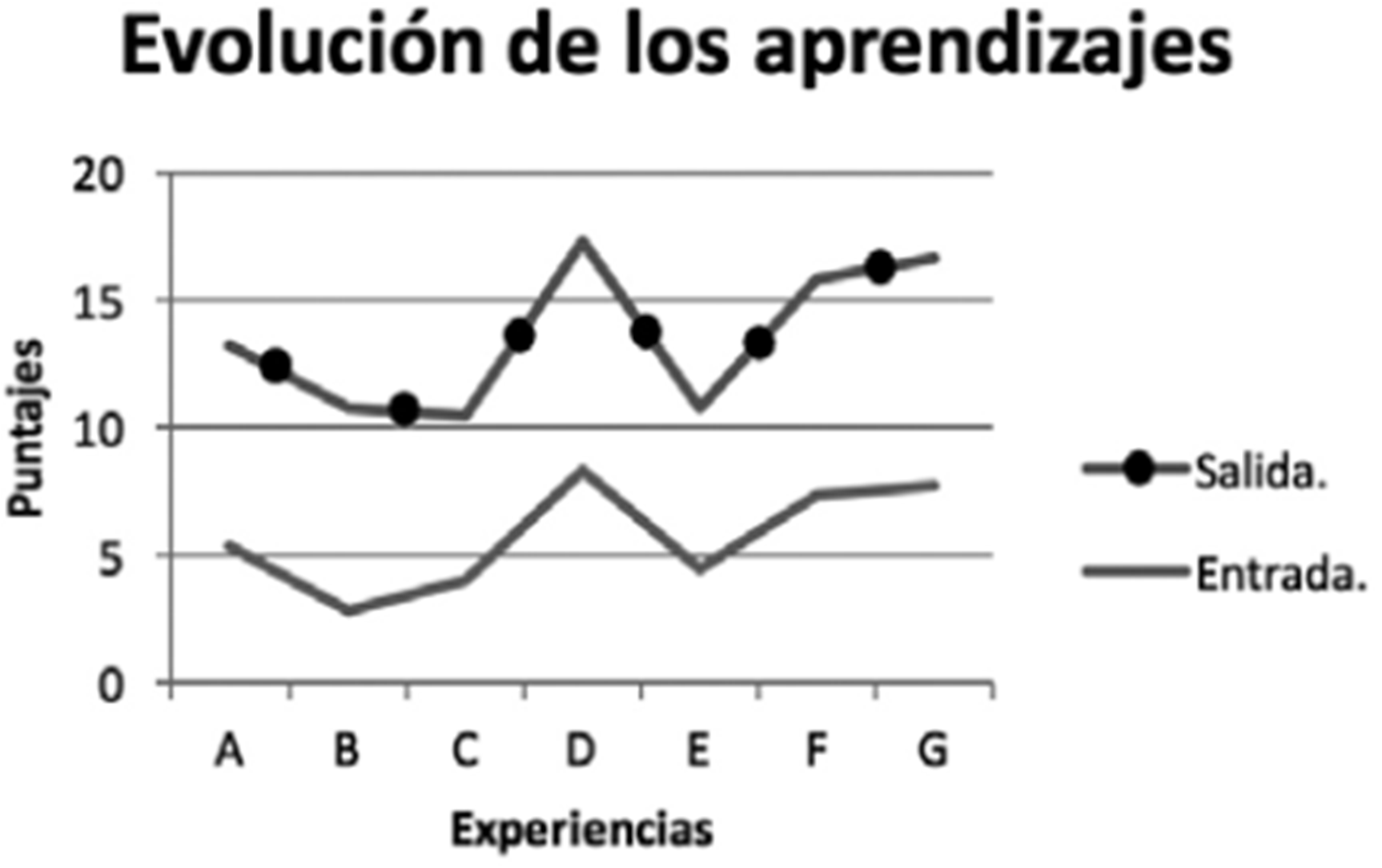
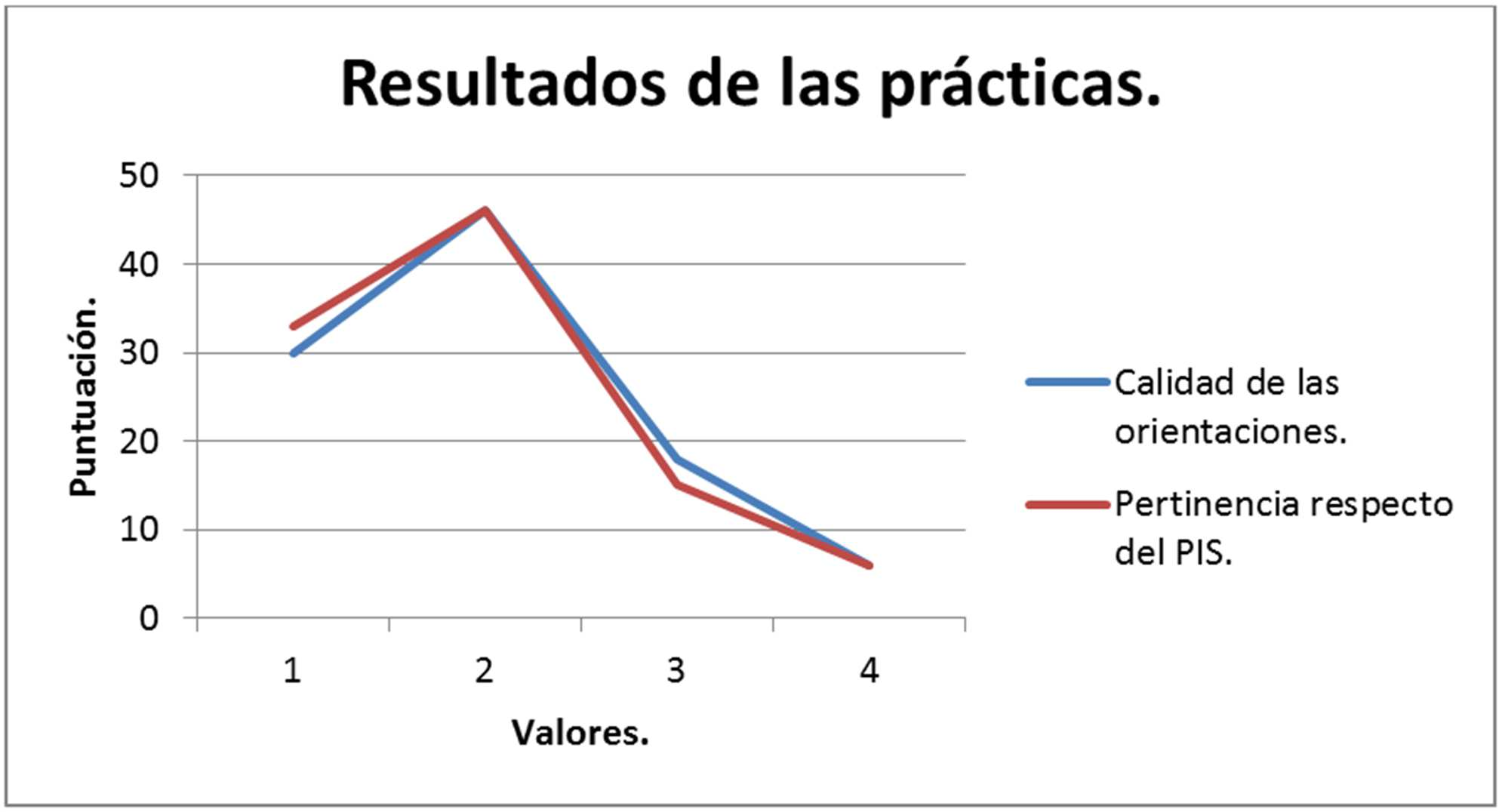
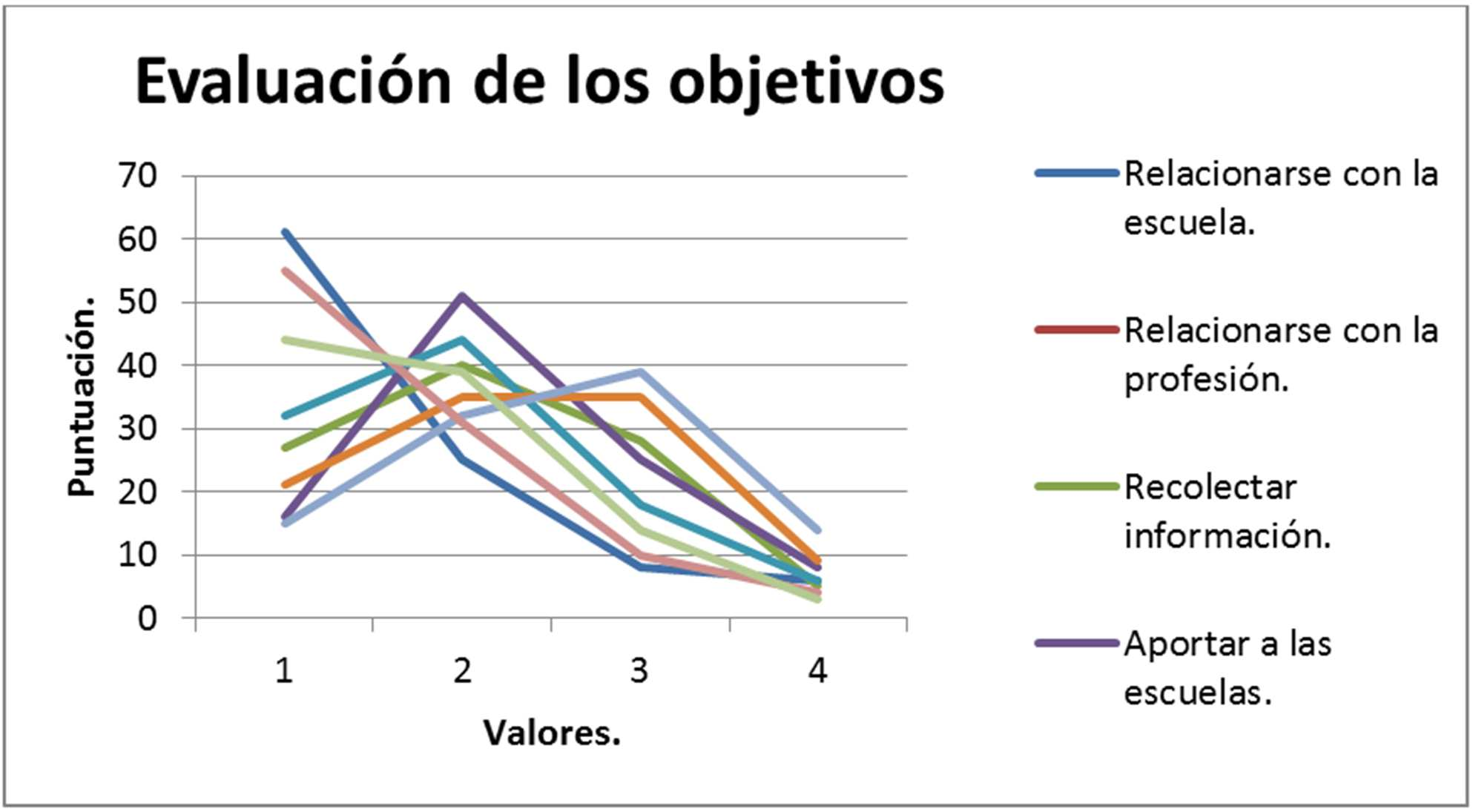
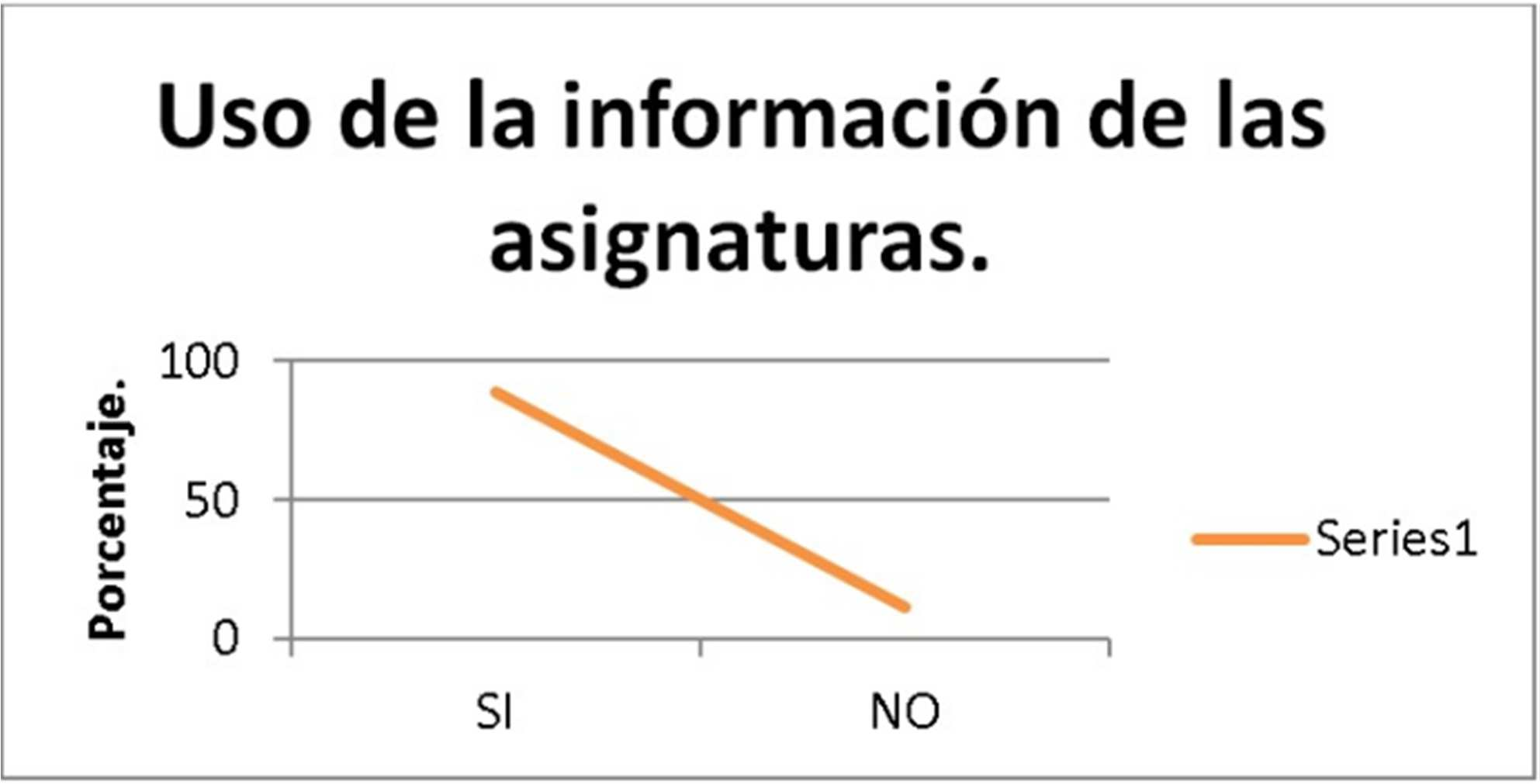
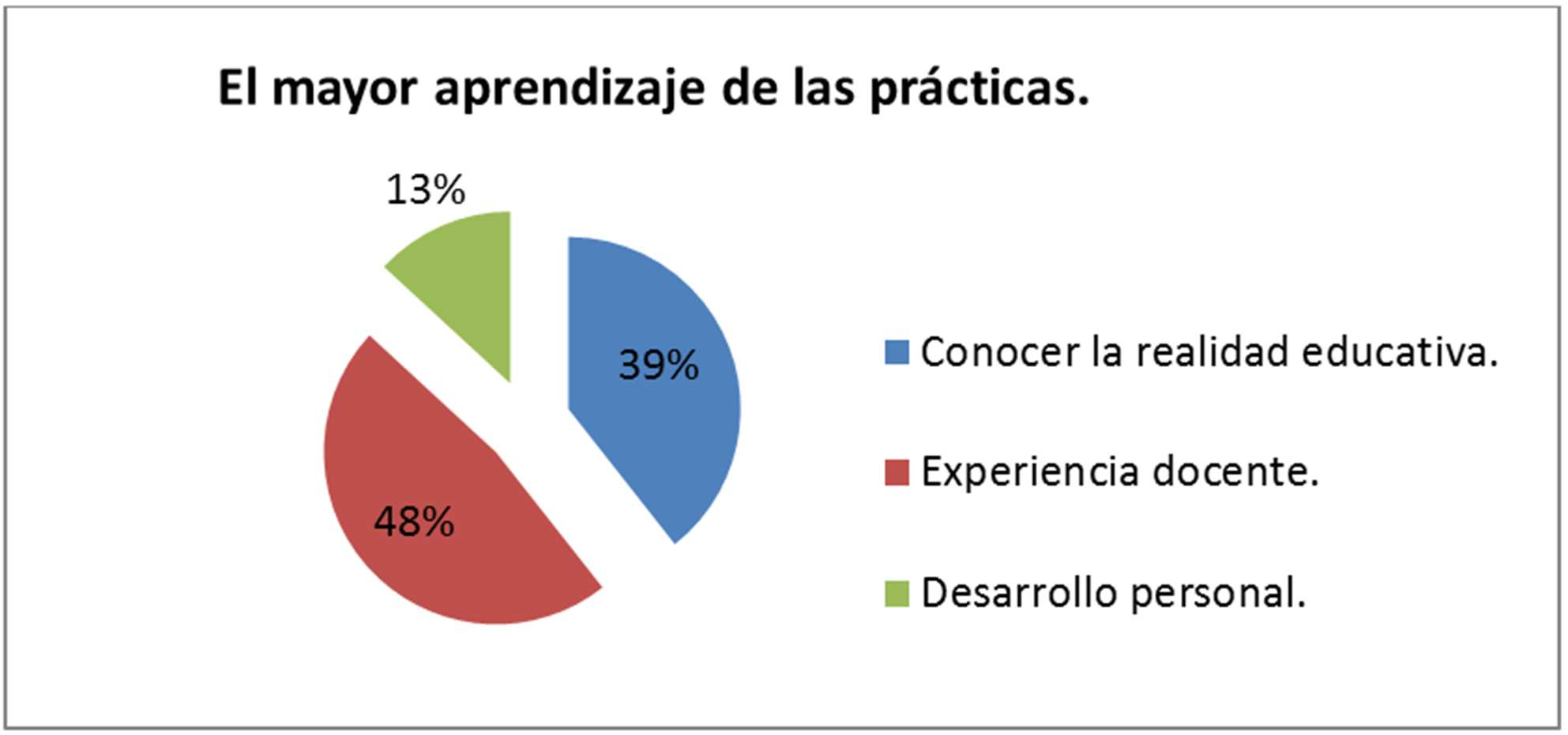
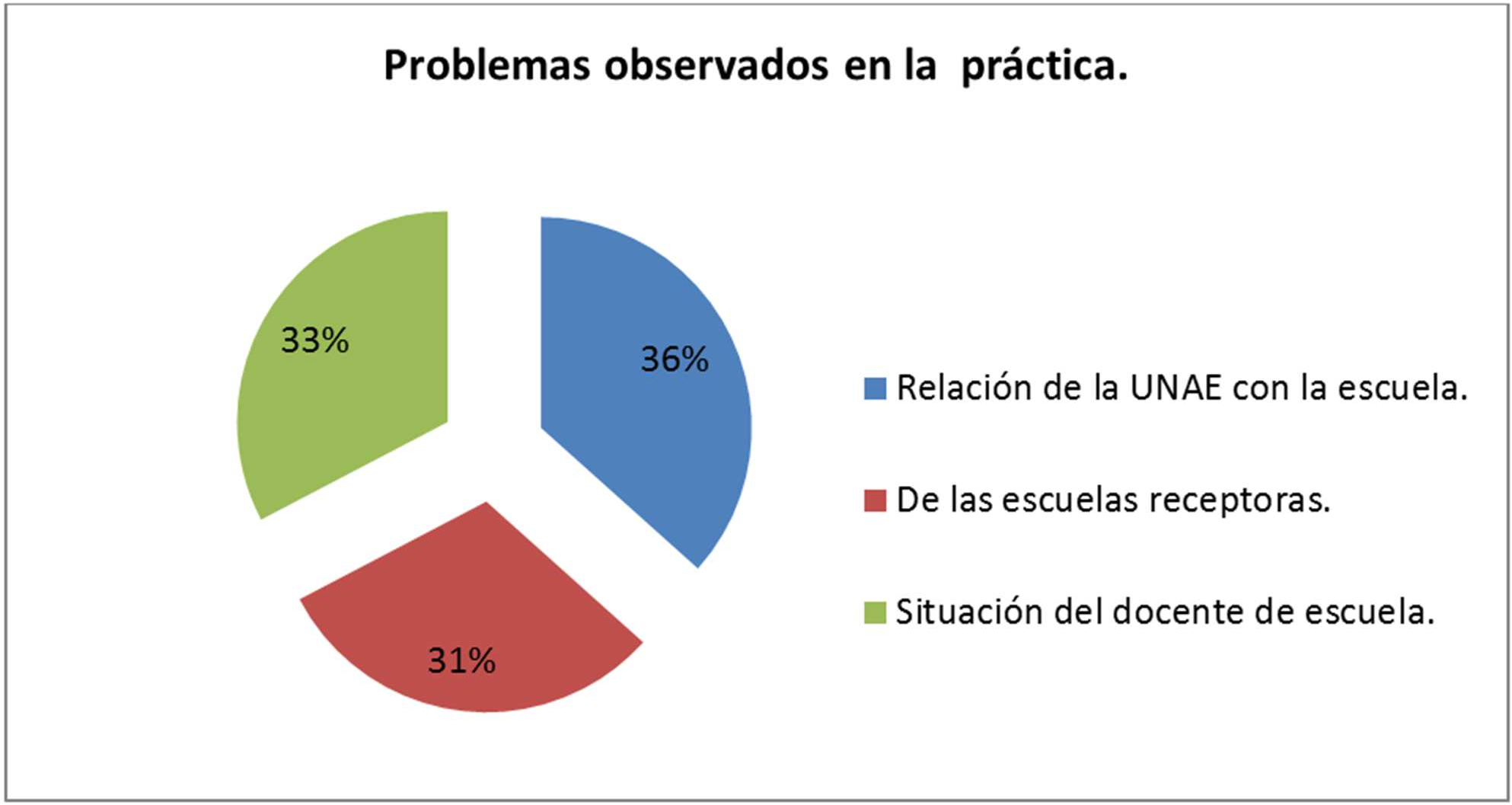
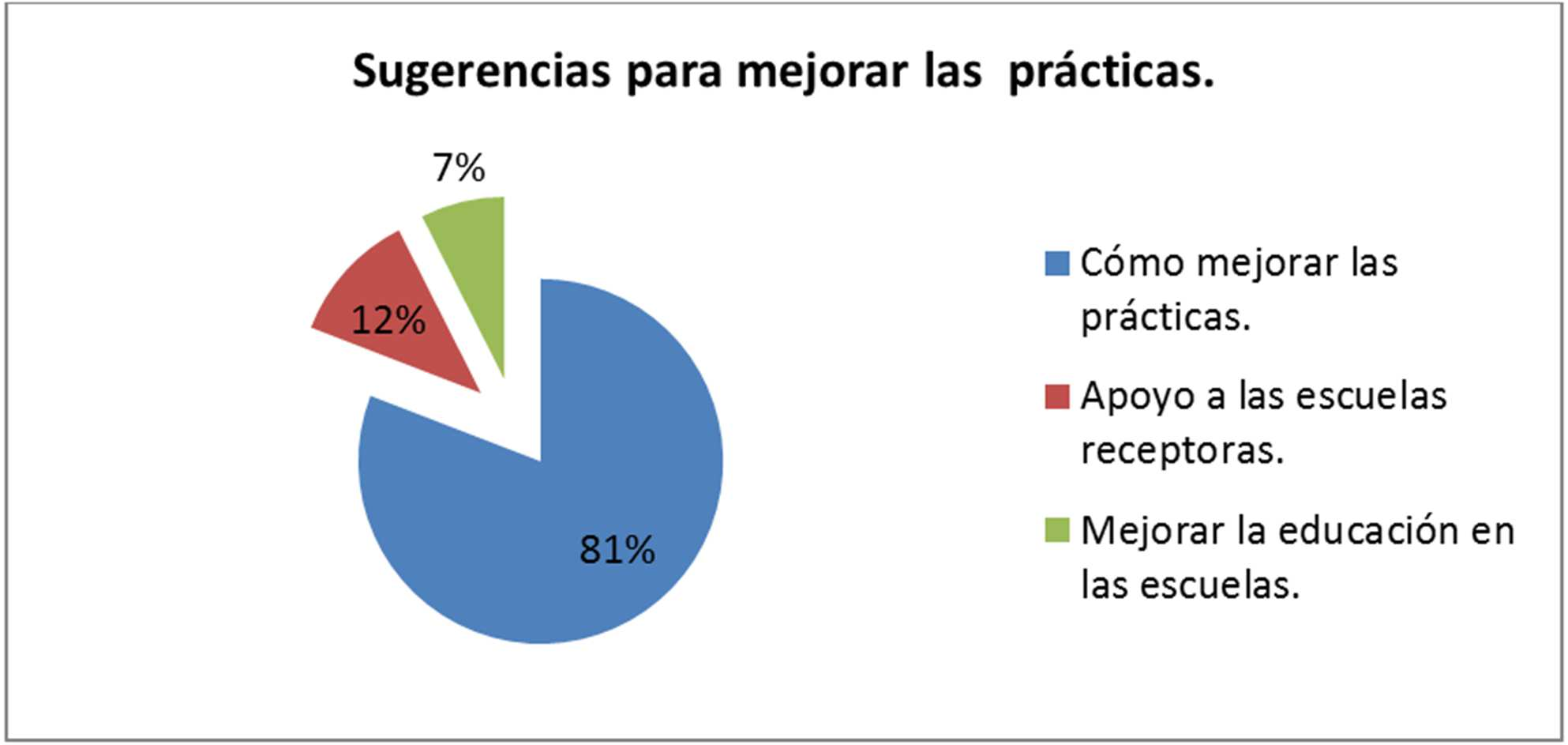
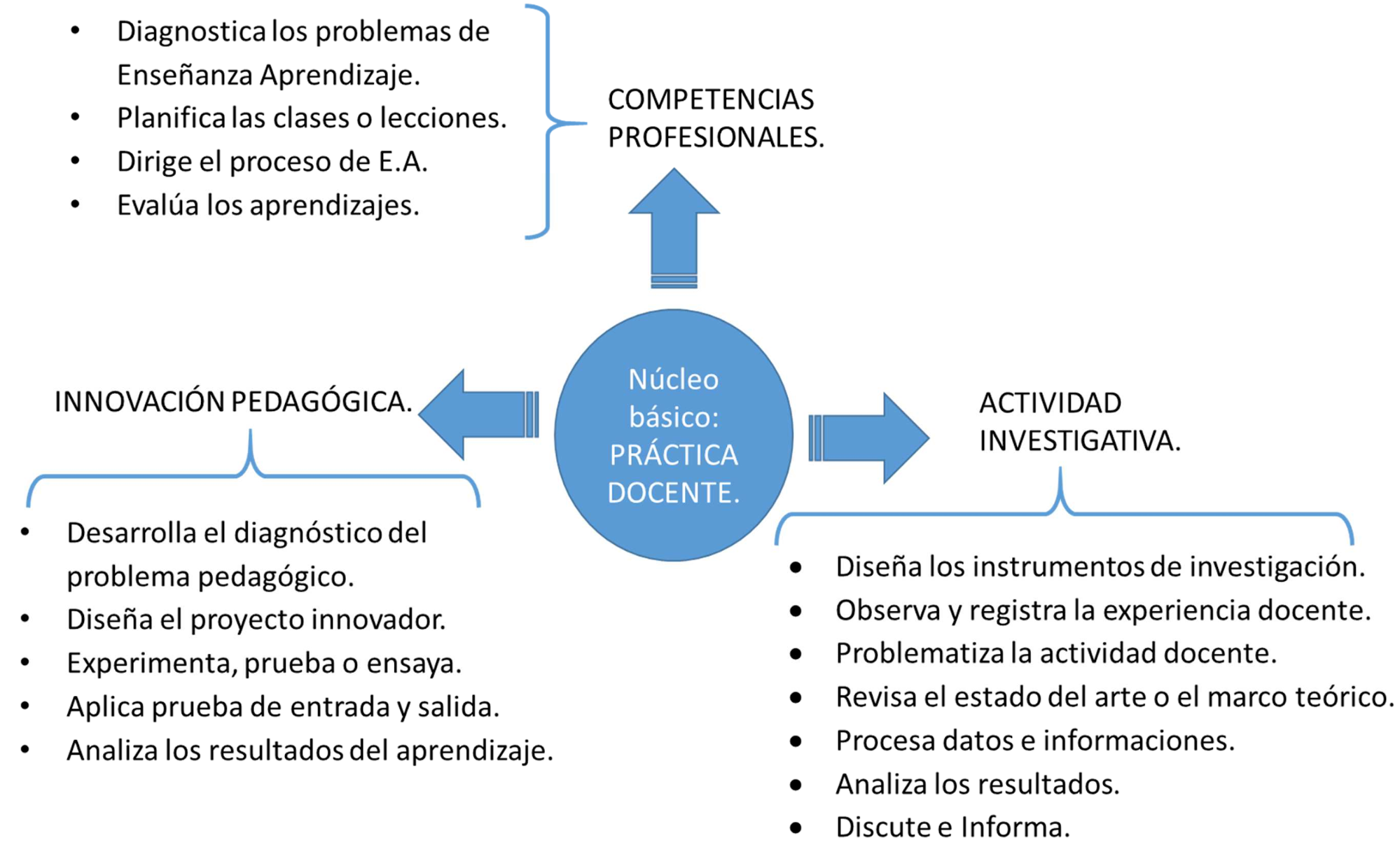
References (APA)
- Delors, J. (1996). *La educación encierra un tesoro* [Education contains a treasure]. Santillana Ediciones UNESCO.
- Elliott, J. (2010). El “estudio de la enseñanza y del aprendizaje”: Una forma globalizadora de investigación del profesorado [The "study of teaching and learning": A globalizing form of teacher research]. *Revista Interuniversitaria de Formación del Profesorado*, *68*(24, 2), 223–242.
- Encinas, J. (1986). *Un ensayo de escuela nueva en el Perú* [An essay on a new school in Peru] (Edición Facsimilar). Imprenta Minerva.
- Freire, P. (2004). *Pedagogía de la autonomía* [Pedagogy of autonomy]. Editorial Paz y Tierra.
- Goodman, P. (1973). *La des-educación obligatoria* [Compulsory miseducation]. Editorial Fontanella.
- Palacios, L. (2008). *Lógica de la ciencia e investigación educativa* [Logic of science and educational research]. Fondo Editorial del Pedagógico de San Marcos.
- Palacios, L. (2016). Experiencia y percepciones de los estudiantes acerca de las prácticas pre profesionales en la UNAE [Students' experience and perceptions about pre-professional practices at UNAE]. *Revista OrientAcción*, (2).
- Palacios, L. (2018). *Desarrollo de las competencias por el sistema de tareas* [Development of competencies by the task system]. Fondo Editorial de la UCH.
- Palacios, L. (2019). Estructura y contenido de las prácticas preprofesionales en el modelo pedagógico de la Universidad Nacional de Educación (Ecuador) [Structure and content of pre-professional practices in the pedagogical model of the National University of Education (Ecuador)]. *Pedagogía y Saberes*, (50), 209–224. [https://doi.org/10.17227/pys.2019.50.9](https://www.google.com/search?q=https://doi.org/10.17227/pys.2019.50.9)
- Palacios, L. (2020). Sobre o “Projeto Integrador do conhecimento” no modelo UNAE [About the “Knowledge Integrator Project” in the UNAE model]. In T. Fontaines-Ruiz, J. Pirela Morillo, J. Maza-Cordova, & Y. Almarza Franco (Eds.), *Convergencias y divergencias en investigación* (pp. 264–272). RISEI.
- Peñaloza, W. (1989). *La Cantuta. Una experiencia en educación* [La Cantuta. An experience in education]. CONCYTEC.
- Pérez, A. (2015, October 21). *Conversación desarrolladas en la UNAE* [Conversation held at UNAE] [Speech transcription]. Universidad Nacional de Educación, Azogues, Ecuador.
- Perrenoud, P. (2004). *Diez nuevas competencias para enseñar* [Ten new competencies for teaching]. Graó.
- Stenhouse, L. (2004). *La investigación como base de la enseñanza* [Research as a basis for teaching] (5th ed.). Ediciones Morata.
- Vygotsky, L. S. (1979). *El desarrollo de los procesos psicológicos superiores* [The development of higher psychological processes]. Crítica.



Leave a Reply
You must be logged in to post a comment.